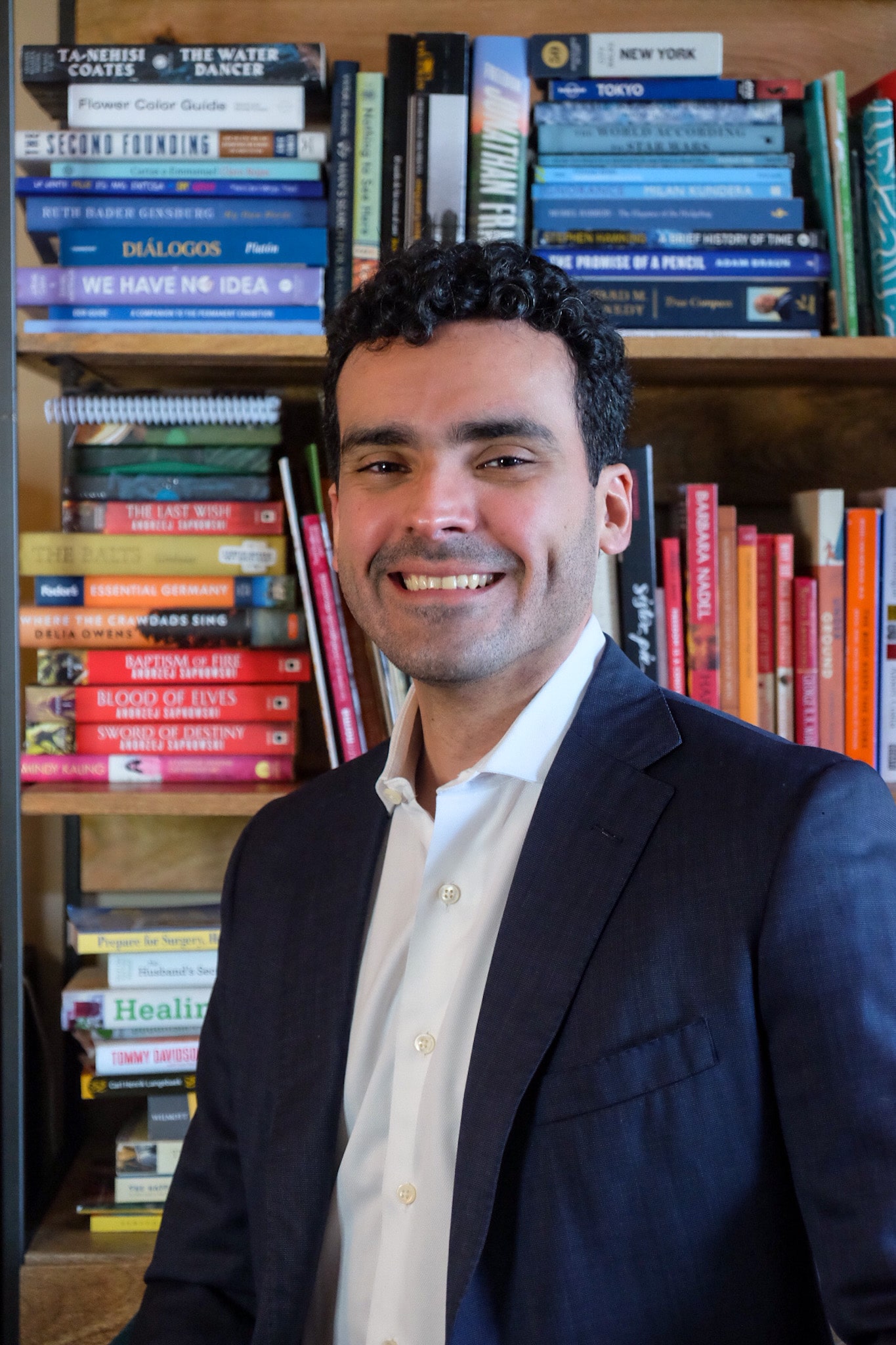Engineer Builds a New Career in Quant Finance
Quantitative Finance - The Perfect Fit
Santiago Quintero always knew he would pursue a career in engineering or pure math. Following his graduation from high school, he decided upon a degree in industrial engineering, relocating from Cali, Colombia to attend Georgia Tech, a top-ranked program in industrial engineering.While at Georgia Tech, Quintero interned in the budgeting and planning department at Colgate-Palmolive, exposing him to the means by which corporations consider risks and variability and creating in him an interest in finance. However, while the corporate experience was interesting, Quintero yearned to be at a bank. “Finance is a necessary part of a corporation’s business but, at a bank, finance is the business. I knew working at a bank would allow me to go much more in depth and to the core of the function.”
Upon graduating from Georgia Tech in 2008, Quintero took a position as a software developer at Goldman Sachs. Over time, Quintero sought more quantitative applications and his managers supported and encouraged this decision. While Georgia Tech had equipped him with the probability, statistics and industrial engineering skills needed for the position, Quintero realized he needed deeper knowledge of Stochastic Calculus.
“I started by looking at Stochastic Calculus books,” said Quintero. “But then I realized I would get a much better grasp of the nuances of the material if I learned it in a classroom setting rather than try to teach myself.” He began researching master’s programs and was particularly attracted to Carnegie Mellon’s multi-disciplinary approach.
Unlike other universities, Carnegie Mellon’s Master of Science in Computational Finance program (MSCF) was co-led by four colleges on campus, a significant differentiator for him. Learning from some of the brightest minds in the field – citing Steve Shreve, who wrote the seminal book on Stochastic Calculus – also appealed greatly to him. “If you want a career in quant finance, being taught by Steve Shreve and other luminaries of his caliber is a huge consideration,” said Quintero.
Enrolling in MSCF, Quintero mastered the technical skills needed to transition to a more quantitative role. In addition to the hard skillsets, Quintero credits the rigorous coursework and collegiate culture of MSCF as the perfect segue into developing resiliency and learning to problem solve with peers. “The culture at MSCF is focused on helping one another to excel,” said Quintero. “It was one of the intangible things I enjoyed most and is very much aligned with the culture of Goldman Sachs.”
To this day, Quintero believes MSCF provides a great opportunity for those who are interested in a career in quantitative finance. From the technical skills and foundational building blocks to a dynamic environment and thriving network, Quintero believes the program prepares those interested in the field in every way. He also encourages those of Hispanic/Latinx descent to consider the field. “Adding diversity into any team or field is always an advantage,” he said. “When that person is you, you are the value added and competitive advantage.”
Quintero emphasizes the importance of intellectual curiosity and honesty. “People with engineering backgrounds are a good fit,” he adds. “Engineering attracts people with that curiosity and ability to learn quickly. The field forces you to research rigorously and think creatively – that duality as well as other technical aspects – are a good mix of traits that do well in quantitative finance.”
In his current role, Quintero advises corporate clients in the risk management of their foreign exchange and interest rate exposures. He enjoys the ever-changing aspect of his work: from raising debt to cross-border M&As or exposure to multiple currencies, rarely do two situations develop the same way. Above all, Quintero believes the most rewarding part of his job is having the ability to make an impact. Quintero and his team provide clients with cost-effective risk management solutions that allow leaders to manage the business more effectively and, ofttimes, to grow more rapidly.
“Through a mix of good luck, great opportunities and putting in much hard work, I’ve been fortunate to have a successful career I’m very happy with!”
